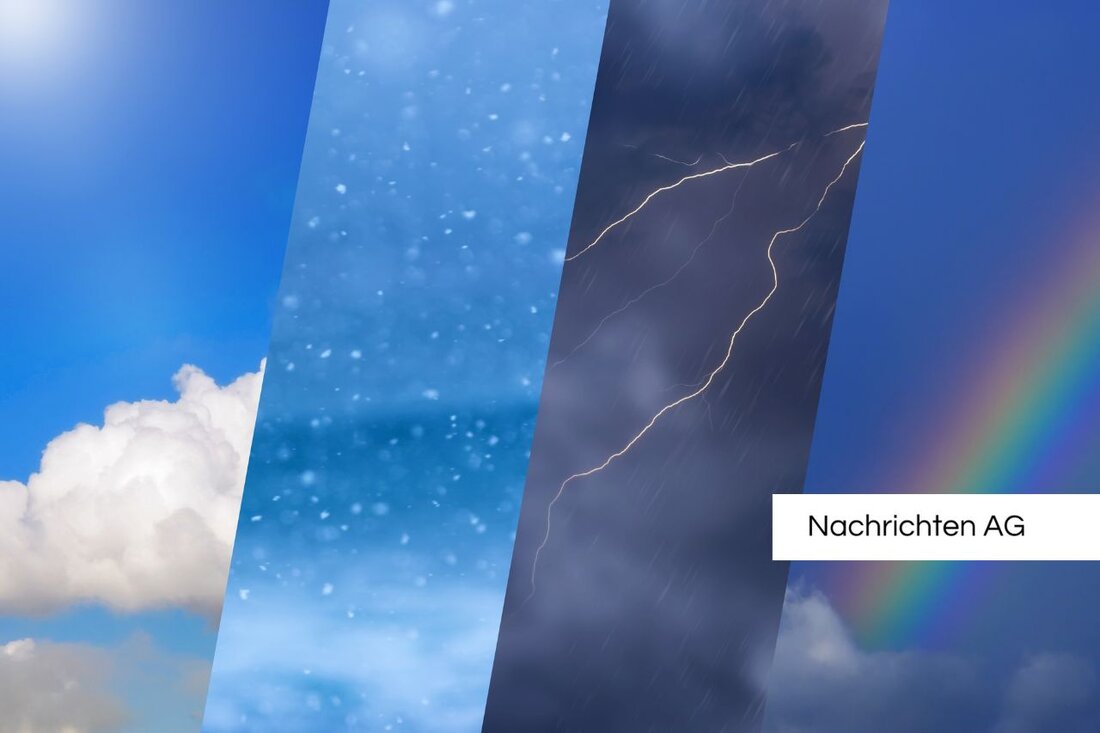Professor of Ocean and Climate Dynamics: New progress in Bremen!
Marilena Oltmanns becomes a professor at the University of Bremen. She researches ocean and climate dynamics and weather extremes.

Professor of Ocean and Climate Dynamics: New progress in Bremen!
The University of Bremen today announced the appointment ofMarilena Oltmannsannounced as Professor of High-Latitude Ocean and Climate Dynamics in the Department of Physics/Electrical Engineering. Her research work will begin in the summer semester of 2025. The focus of her research is on the interactions between ice, ocean and atmosphere in the climate system, in particular on the effects of polar and subpolar processes on weather and climate in more temperate latitudes. This also includes analyzing how these processes promote extreme weather events. Through her work, Oltmanns would like to examine the role of these factors in climate tipping points in more detail.
Before her new position, Oltmanns worked at the National Oceanography Center in England and previously conducted research at GEOMAR - Helmholtz Center for Ocean Research Kiel. Her academic career began with her doctorate, which she completed at the Massachusetts Institute of Technology and the Woods Hole Oceanographic Institution. Oltmanns is looking forward to working with colleagues at the University of Bremen and the Alfred Wegener Institute and is planning new projects in exchange with students.
The importance of ocean and climate research
Marilena Oltmanns' research is particularly relevant given the current challenges posed by climate change. According to a report by Helmholtz The Antarctic Circumpolar Current plays a crucial role in the global overturning circulation. This current is important for the exchange of heat and CO2 between the ocean and the atmosphere as well as for the stability of the Antarctic ice masses.
An international research team led by experts from the Alfred Wegener Institute and the Lamont-Doherty Earth Observatory has managed to study the flow rate of the Antarctic Circumpolar Current over the last 5.3 million years. The results show that the flow slowed down during cold periods and increased speed during warm periods. It is thought that current global warming could cause this current to become more powerful, which in turn will impact the Southern Ocean's CO2 storage and temperatures in Antarctica.
Challenges posed by climate change
These developments are particularly worrying because the oceans are the largest continuous ecosystem on Earth and are home to over two million species. Their stability is crucial for the climate system because they store heat and have a direct influence on weather conditions. In addition to storing CO2, the ocean is also affected by changes caused by climate-related extreme events, sea level rise and ocean acidification.
The Federal Ministry of Education and Research (BMBF) is involved in the research initiative, which aims at the sustainable use and protection of the oceans. It participates in various missions to study the effects of human use and the management of marine habitats. Projects like “CDRmare,” which researches technologies to increase the ocean’s CO2 storage capacity, are examples of efforts to preserve ecological balance.
Given the challenges of climate change, particularly in the polar regions, research sees both urgency and potential for developing sustainable solutions. The BMBF initiative to promote polar, coastal and marine research ensures that Germany takes a leading role in international climate research. With the findings from research, future generations could benefit from a healthy ocean.

 Suche
Suche
 Mein Konto
Mein Konto